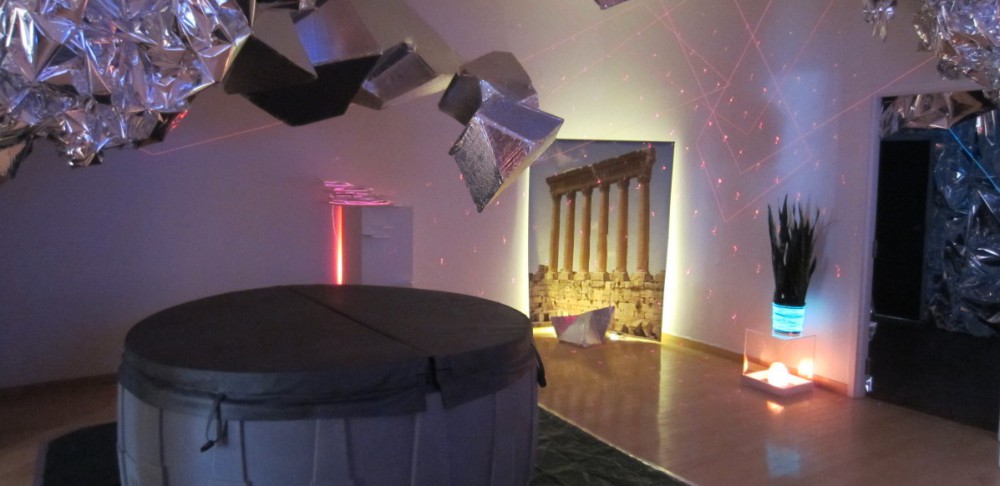The Machine Stops
One of the things that I found different in this reading from other narratives is that the in-universe or setting was not all explained at once. Instead, relevant details were revealed little by little as the story went along, which in a way made me want to keep on reading in order to understand it fully. At the beginning all you get is a description of Vashti’s chamber, and as you read you start to realize that every aspect of her life is mechanized, and eventually it is revealed that that is the way all of society exists in that time.
I also found it interesting and ironic that while this society had become ‘advanced’ enough to consider religion irrelevant, the Machine came to become their deity over the centuries, a view that became intensified in the time the story itself takes place.
I couldn’t help but notice the similarities between the interactions with other humans through ‘speaking tubes’ and the way we as a society today have become dependent on social media to keep in touch with people in our lives. Also, the way the ‘Machine’ provides all the needs of the people with the press of a button made me think about how nowadays a person can technically live the way the protagonists do in the story, by ordering everything they need online, communicating through the internet and never leaving the house. For a novel written in 1909, that was a pretty good prediction. Hopefully it does not reach to the point that Vashti and her society did.
Metropolis
Although slightly confusing at first, it is easy to see why Metropolis has become a classic film in Science Fiction. It was one of the first films to feature technology and machinery as a central theme, not only narratively, but visually as well.
Similarly to ‘The Machine Stops’, we encounter a society that has become dependent on machinery in order to function properly, with the difference that in Metropolis we encounter a social divide between the ‘head’ (the wealthy folk who run the society and live a hedonistic lifestyle) and the ‘hand’ (the lower-class workers who must operate the machinery in order for everything to function). I personally liked the way the saying at the beginning, “The mediator between head and hands must be the heart!”, was fulfilled at the end with Freder being the the mediator (the heart), between his father and the working class.
Conclusions
The thing I found that both stories had most in common was the way they portrayed how becoming overly dependent on technology can have detrimental consequences for a society or civilization when that technology fails and turns its back on its creators, that technology being the Machine and the doppelganger Maria respectively. It is a common theme that pops up in Science fiction, and it’s interesting to see how they come up in such early examples of the genre.



